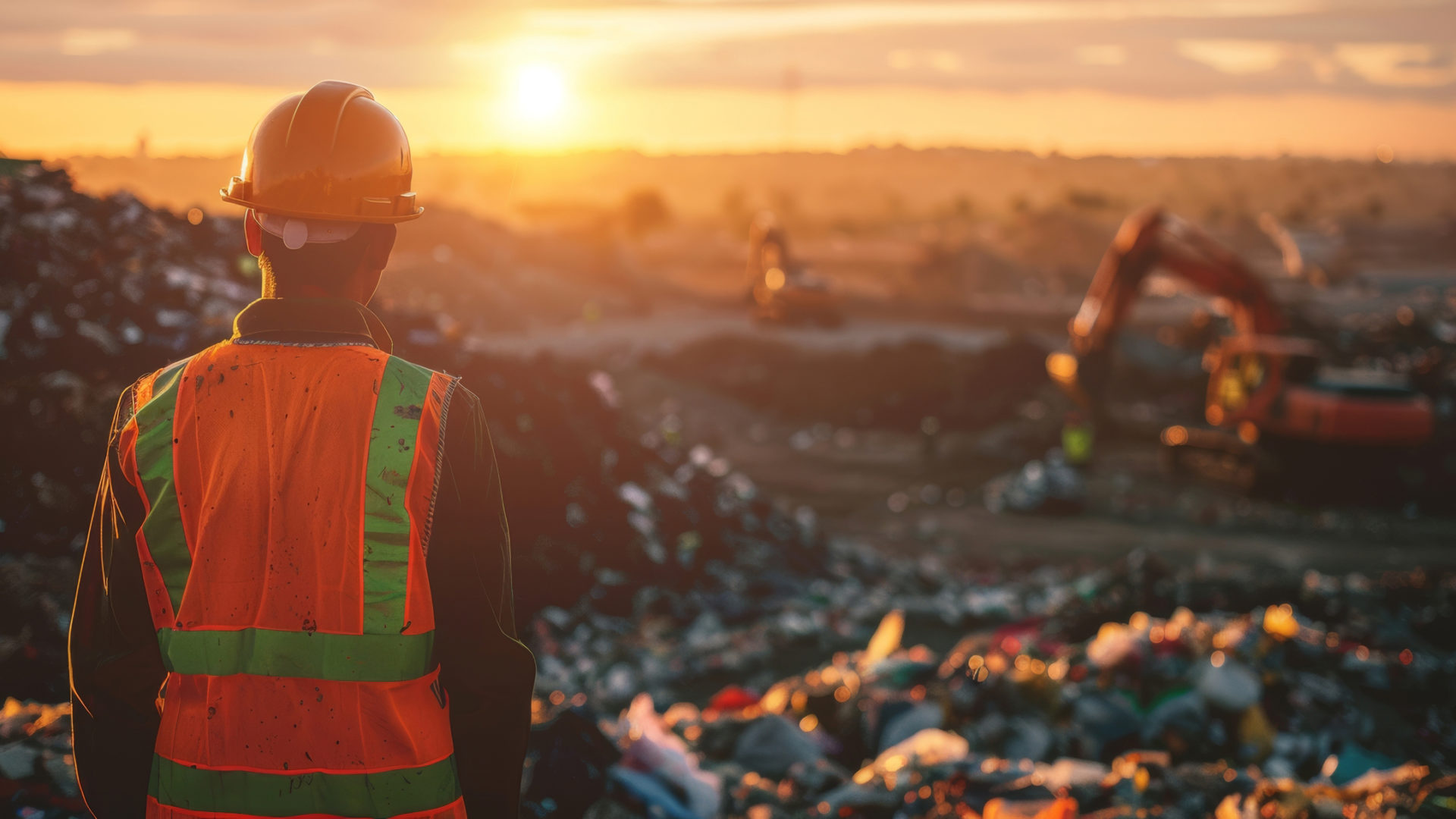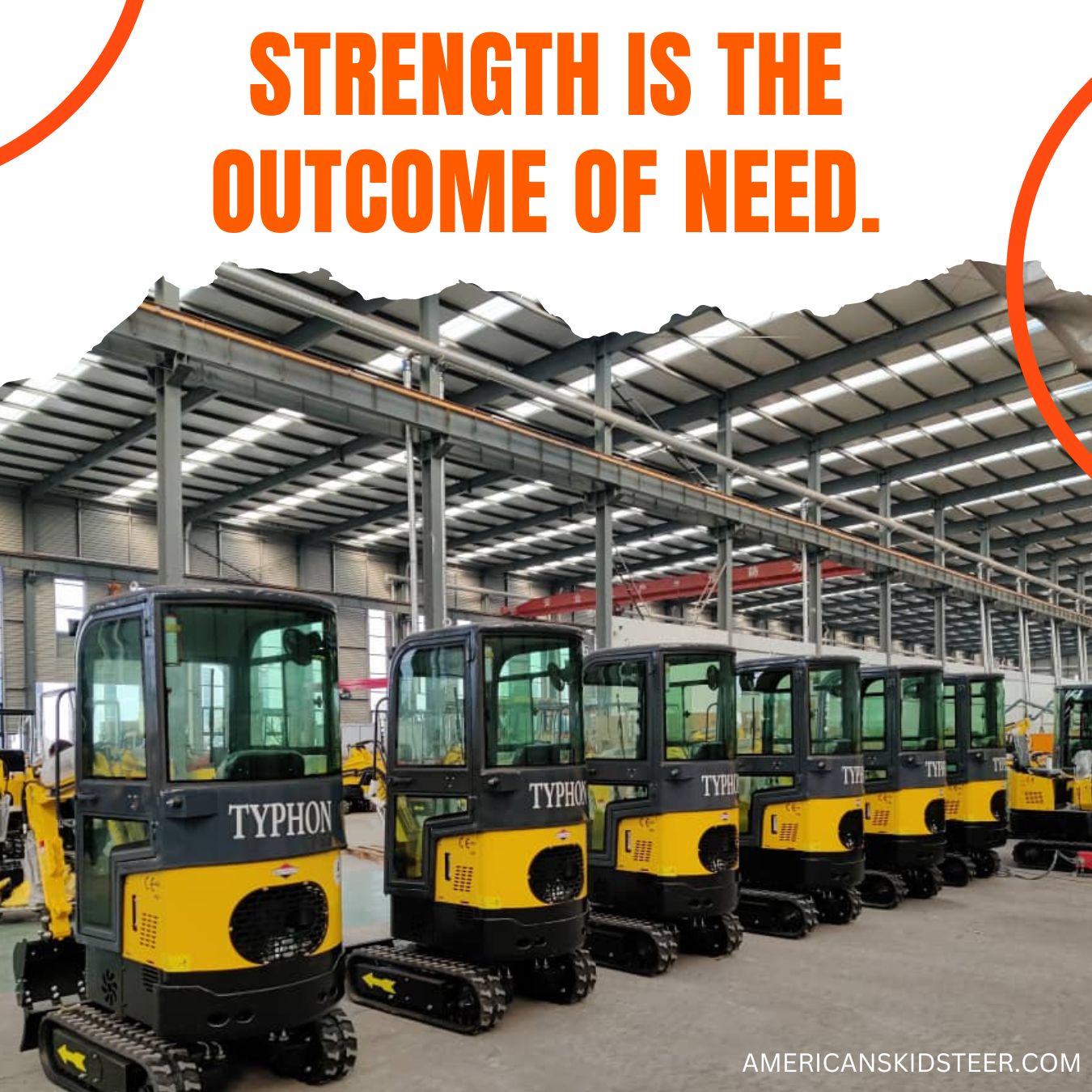
Building is among the global’s maximum resource-intensive and waste-generating industries. In keeping with the United Kingdom Inexperienced Construction Council, it accounts for round 60% of subject material use and waste manufacturing in the United Kingdom. Additionally it is answerable for 37% of greenhouse gasoline emissions, as highlighted by way of the UN Surroundings Programme.
The trade has lengthy operated on a linear financial system style, the place assets are extracted, used to construct, after which discarded as waste. This way has contributed considerably to the depletion of herbal assets and is an increasing number of unsustainable, with a substantial environmental price.
As we paintings towards a extra sustainable constructed atmosphere, it’s important to transport clear of the standard ‘take-make-dispose’ style and undertake a round financial system style as a substitute.
The round financial system idea is ready holding merchandise, fabrics, and assets in use for so long as imaginable. Quite than discarding them after use, circularity specializes in reusing, recycling or repurposing them, lowering the will for brand spanking new uncooked fabrics and minimising waste.
Adopting round practices within the constructed atmosphere brings many extra advantages to the trade that stretch past the environmental affect. From an financial viewpoint, circularity practices can lend a hand decrease the prices related to sourcing new uncooked fabrics, higher organize the volatility in their costs, and mitigate dangers.
Via designing constructions with circularity in thoughts, the trade can toughen their lifespan and resilience. Longer development and infrastructure lifespans imply fewer assets will likely be wanted over the years to deal with them. In flip, it will build up the long-term worth of constructed property over their lifecycle.
How can the trade transition to a round financial system?
Crucial step is upskilling the personnel, to equip execs with the data and equipment to make extra sustainable possible choices all over development tasks. Moreover, working out some great benefits of circularity, each environmental and financial, will inspire companies to undertake those practices extra broadly.
“Upskilling is essential to successfully embedding round financial system rules inside organisations within the constructed atmosphere and to power sustainability,” says Shribavani Shrikaran, strategic advisory guide at BRE, who has helped increase a brand new route – Round Economic system in Building Foundations.
Drawing on BRE’s world-leading sustainability experience, this new route from BRE Academy is designed to lend a hand novices grab the idea that of the round financial system within the context of the constructed atmosphere.
The route highlights the significance of circularity by way of addressing its function in lowering environmental affect, its business advantages, and its contribution to reaching the UN Sustainable Construction Objectives (SDGs). It additionally contains case research and examples that display how round financial system rules are implemented within the trade, serving to novices see their real-world worth and know how to power sustainability.







